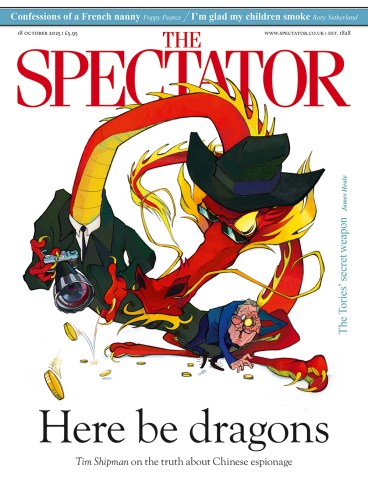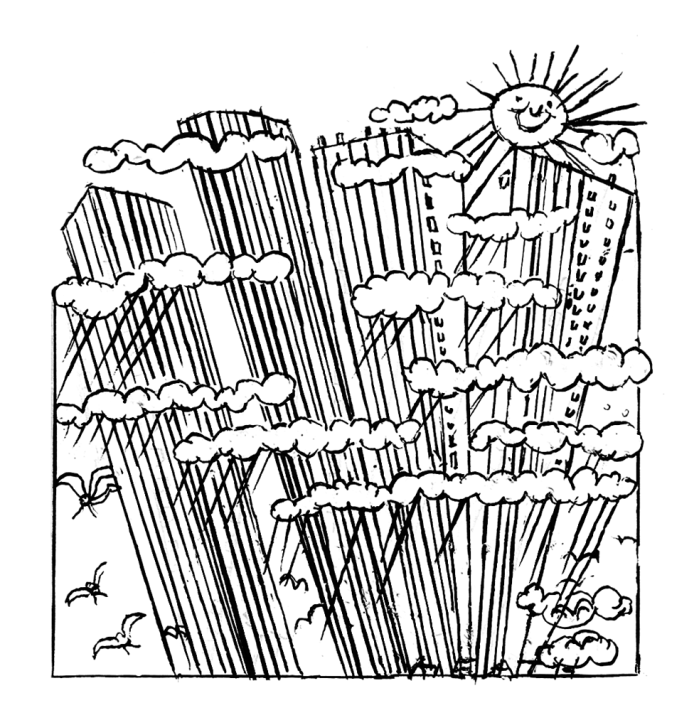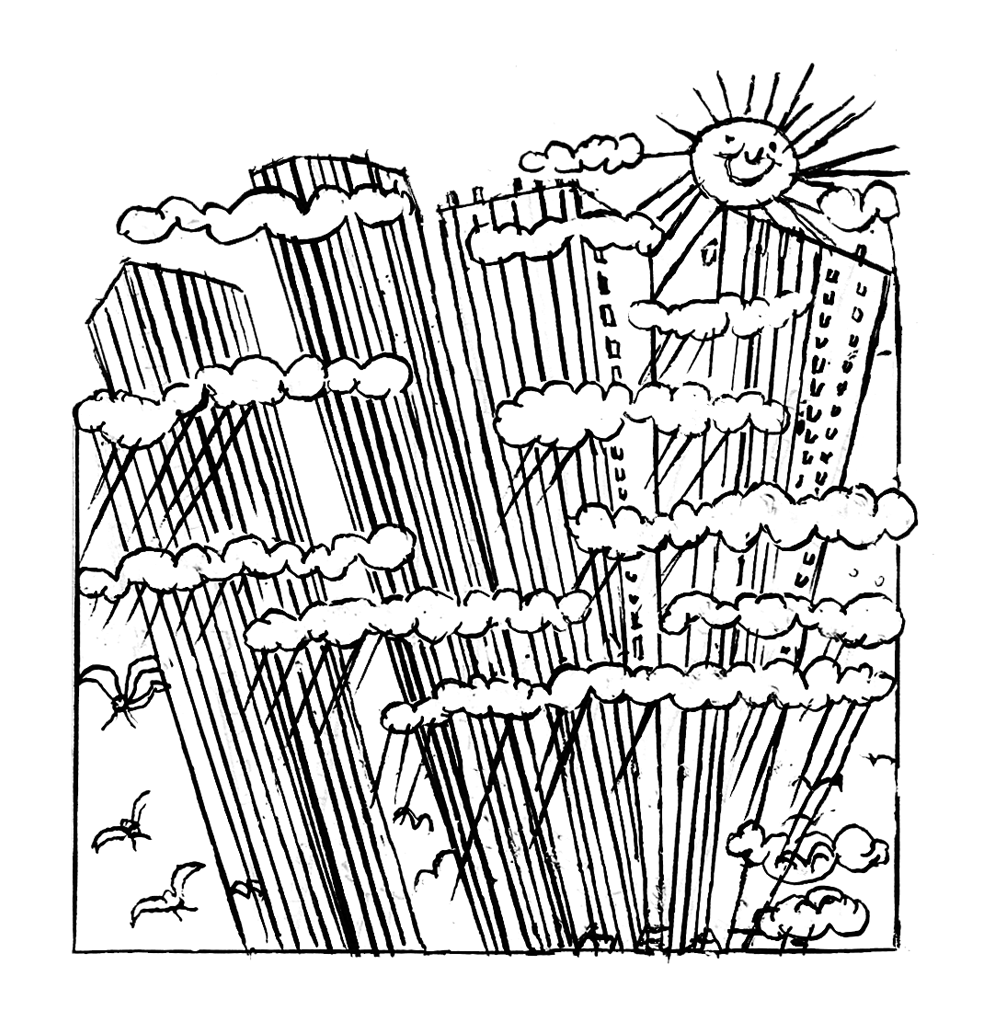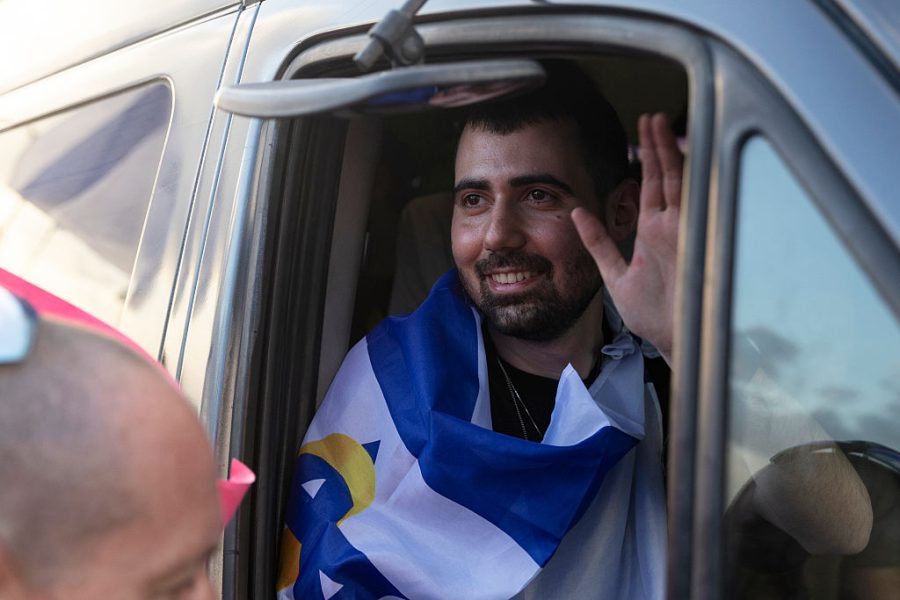
Nick Boles has narrated this article for you to listen to.
It is 35 years since I was last in Warsaw and the city is unrecognisable. Back then it was grimy and depressing, full of buildings still pockmarked by bomb damage. Nothing worked and nobody smiled. Now it gleams. The historic Old Town has been lovingly rebuilt and restored. Everything else is new: the cars, the shops, the office blocks and apartment buildings. The fashions are sharp and the teeth are white. It is a powerful tonic for beleaguered liberals. Don’t let the democracy-in-decline-mongers deceive you. Economic and political freedom work. And what the world needs is more of both.
In the early 1990s I was sent as a wet-behind-the ears know-nothing to meetings at the Gdansk Shipyard, legendary home of Lech Walesa and the Solidarity trade union which overthrew the decaying Soviet regime of General Jaruzelski. On my stopovers in Warsaw I used to have supper with Radek Sikorski and Anne Applebaum. Theirs was always a partnership of ferocious intellect fuelled by good red wine. So it remains. While Anne delivers polemics against populists in the Atlantic, Radek takes a blowtorch to Vladimir Putin’s dictatorial delusions in the UN General Assembly. But I can’t shake my first memory of Poland’s deputy prime minister, when he was carried into a louche undergraduate party in an open coffin. Surely I imagined it.
On the long journey to Lviv I read Anna Reid’s Borderland, still the best introduction to the history of what for most of the last thousand years has been a nation in embryo. It is the bitterest irony that the main result of Putin’s invasion is the irreversible separation of Ukrainian language, culture and identity from that of Russia. Forged in the trauma of invasion and heroic resistance, the Ukrainian nation will never be eradicated. It is the duty of all of us to ensure it stands forever as a fortress of European freedom. I arrive in the country’s second city a few hours after a brutal night-long attack, expecting to find people exhausted and subdued, but the streets are full of families out for a stroll and teenagers up for a smooch. Lviv is a long way from the front line, I know. But this certainly doesn’t feel like a society getting ready to give up.
Kyiv is a revelation. Built on three steep hills next to the majestic Dnipro river, its topography is dramatic. The architecture is assertive, ambitious, even brash. More than anything it reminds me of New York. And while the streets are full of signs of the war and the devastating losses it has inflicted, nothing can dim the energy of this metropolis or stop its residents from living life to the full. The first time the air raid alert goes off I am in the bath. I am still quite soggy when I make it down to the shelter deep inside the hotel basement. I soon discover that most Kyivans ignore the alarms, and wait for the whine of drone engines and bangs of explosions before heading to the shelter. The city centre is protected by Patriot missiles but they are not infallible. And Ukraine needs many more to extend the same protection to other population centres.
I have come to Ukraine to visit the Kyiv School of Economics, a relatively new college that has become one of Ukraine’s most admired educational institutions under the dynamic leadership of Tymofiy Mylovanov. He runs it less like a traditional university than an educational venture fund, standing up new programmes in weeks to respond to the urgent needs of wartime, and partnering with crucial actors in government, business and the armed forces. Everything it does is imbued with an entrepreneurial, and strongly accountable, start-up spirit.
After a day being shown around Kyiv by four of the most ambitious and engaging young women you could hope to meet (all of whom speak perfect English), I am to teach a public policy class about Brexit. Haven’t they suffered enough? The sophistication of the students’ understanding of the ins and outs of the Brexit saga takes my breath away. They certainly don’t see us as ‘a far-away country’ or as ‘people of whom we know little’. Why did David Cameron call a referendum? Would Leave have won without Boris Johnson (justifiably a hero to Ukrainians)? Can you explain Liz Truss? That one stumped me. But of all the characters in our recent history, the one they most admired, and most wanted to know if I had met, was Her late Majesty the Queen.
In a few weeks I will celebrate my 60th birthday with a party to launch a new charity to support the Kyiv School. I have invited pretty much everyone who is still talking to me after 40 years in politics and business. Tory and Labour. Leave and Remain. Over the years I’ve disagreed with almost all of them about something. But life would be very dreary if we allowed political choices to affect our friendships. And one thing we can all agree on is this: slava Ukraini!
The editor advises me that some Spectator readers harbour doubts about the Labour government’s respect for inherited traditions. Let me put their minds at rest. At the recent nuptials in St Margaret’s Westminster of my very dear friend the Honourable Emily Benn (Labour candidate, daughter of a Labour viscount, niece and granddaughter of Labour cabinet ministers) and her magnificently moustachioed beau, Group Captain James Doyle MBE, the following conventions were observed: a Norland nanny shepherding silk-suited pageboys, two members of the cabinet in morning dress, and the lusty singing by the entire congregation of that air force banger, ‘The Dam Busters March’. I really don’t think revolutionary socialism stalks the land.








Comments